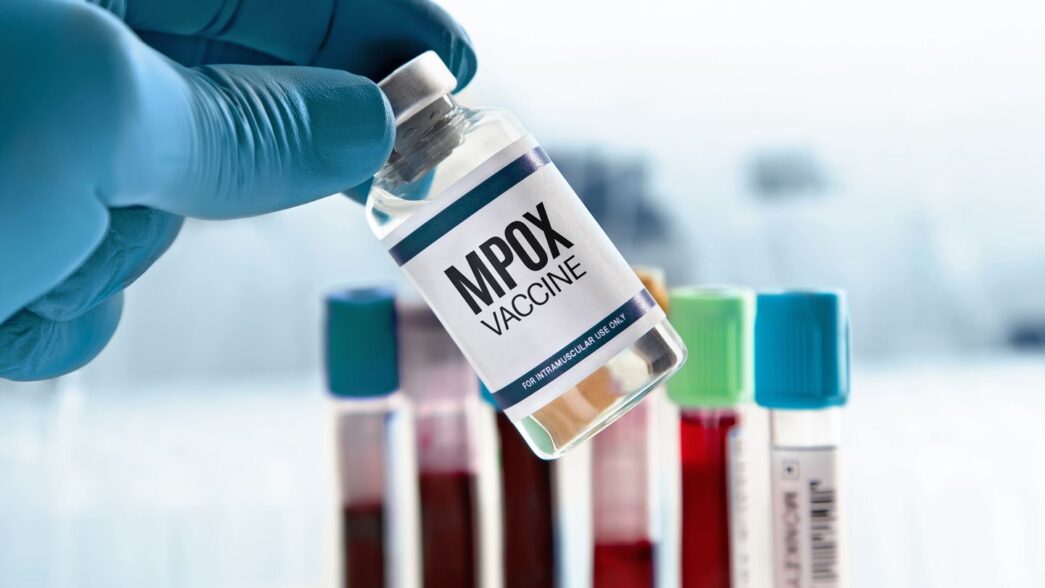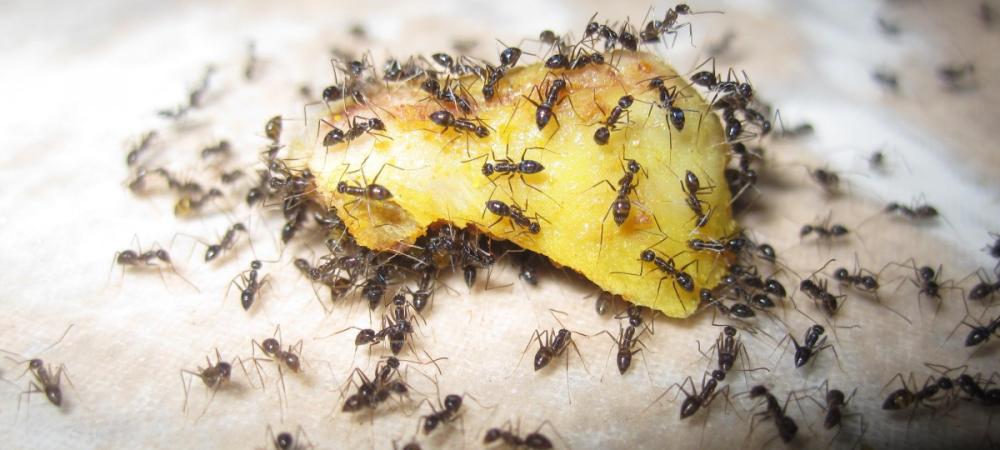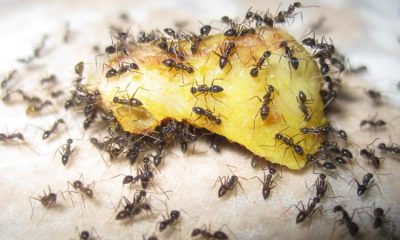Health
Sleep at 10pm could lower risk of heart disease, study finds

Going to sleep at 10pm regularly could result in a lower risk of developing heart disease, new research has found.
For the research published in the European Heart Journal, UK experts studied 88,000 volunteers and concluded that matching sleep to the body clock may account for a reduced risk of heart attacks and strokes.
The study collected data on the sleep-wake times of the volunteers over a week using a wristwatch-like device.
Participants also completed demographic, lifestyle, health, and physical assessments and questionnaires.
The volunteers then went for a new diagnosis of cardiovascular disease, which was defined as a heart attack, heart failure, chronic ischaemic heart disease, stroke, and transient ischaemic attack.
The researchers observed what happened to the volunteers in terms of heart/circulatory health over an average of six years.
The findings showed that just over 3,000 of the adults developed cardiovascular disease, many of which occurred in people who went to bed later or earlier than the “ideal” 10pm to 11pm.
The researchers also found that the link persisted after adjustments were made for sleep duration and irregularity.
Speaking on the findings, David Plans, author of the study who works with the health technology firm Huma, said the research cannot conclude on causation.
“The results suggest that early or late bedtimes may be more likely to disrupt the body clock, with adverse consequences for cardiovascular health,” he added.
“The riskiest time was after midnight, potentially because it may reduce the likelihood of seeing morning light, which resets the body clock.”
The researchers said the findings appear to be stronger in women than men, although the reasons for this remain unclear.
Regina Giblin, a senior cardiac nurse at the British Heart Foundation, said: “This large study suggests that going to sleep between 10 and 11 pm could be the sweet spot for most people to keep their heart healthy long-term.
“However, it’s important to remember that this study can only show an association and can’t prove cause and effect. More research is needed into sleep timing and duration as a risk factor for heart and circulatory diseases.
“Getting enough sleep is important for general wellbeing as well as our heart and circulatory health. Most adults should aim for seven to nine hours of sleep per night. But sleep isn’t the only factor that can impact heart health.”
Health
WHO approves Japanese mpox vaccine for emergency use

The World Health Organisation (WHO) has granted emergency use listing (EUL) for the LC16m8 mpox vaccine.
This would be the second mpox vaccine to be supported by WHO following the declaration of mpox as a public health emergency of international concern (PHEIC) on August 14, 2024.
The LC16m8 is a vaccine developed and manufactured by KM Biologics in Japan.
The technical advisory group (TAG) for EUL of vaccines convened to discuss the outcome of the LC16m8 vaccine review, including the product and programmatic suitability assessments.
Cases have been reported across 80 countries, including 19 countries in Africa, as of October 31, 2024.
The Democratic Republic of Congo, the hardest-hit country, recorded a majority of suspected cases — over 39,000 — as well as more than 1,000 deaths.
In a statement on Tuesday, the WHO said the move is particularly relevant as the Japanese government has announced that it will donate 3.05 million doses of the LC16m8 vaccine, alongside specialised inoculation needles, to the DRC.
“This is the largest donation package announced to date in response to the current mpox emergency,” the statement reads.
“The TAG recommended the vaccine for use in individuals over one year of age as a single dose vaccine, via a multiple puncture technique using a bifurcated needle.
“WHO’s assessment for EUL is based on information submitted by the manufacturer and review by the Pharmaceuticals and Medical Devices Agency (PMDA), the Japanese regulatory agency of record for this vaccine.
“The LC16m8 vaccine has been used in Japan during previous mpox outbreaks and was shown to be safe and effective, including in people with well-controlled HIV.
“The WHO Strategic Advisory Group of Experts (SAGE) on Immunization reviewed available evidence and recommended the use of LC16m8 vaccine in outbreak settings in children and others with a documented high-risk of exposure to mpox.
“However, minimally replicating vaccines, such as LC16m8, should not be used during pregnancy and in people who are immunocompromised.
“Immunocompromised persons include those with active cancer, transplant recipients, immunodeficiency, and active treatment with immunosuppressive agents.
“They also include people living with HIV with a current CD4 cell count of <200 cells µl.”
Health
Five ways to rid your home of ants

Ants are just one of the many pests that can launch an attack on your home.
The tiny insects are particularly attracted to the scent of sugar or grease. The scent of other foods may also attract ants which is why it is imperative to promptly clean spills.
Without proper management, ants can overrun your home.
Here are five ways to rid your home of ants.
Cucumber peels
Cucumber peels can serve as an excellent ant repellent.
Put them around areas affected by ants and you will notice that they will disappear in no time.
Salt
Ordinary salt is the safest remedy to keep ants away.
Use the mineral as a barricade to prevent the ants from crossing the designated area.
Duct tape
This can be useful to save your plants or keep ants from climbing your table or bed legs.
Wrap the tape around the base of plant or table leg with the sticky side outwardly. It will gum all the ants, and they will either die or be unable to move and fall prey to other insects.
Boiling water
If you can manage to find the source of the ants in or around your compound, you can pour a kettle of boiling water directly onto the ant hills to protect your home.
Vinegar
Vinegar diluted in water used to clean surfaces helps in eradicating ants due to its fungicidal and insecticidal properties.
Health
Six tips for coping after miscarriage

A miscarriage can be a traumatic experience one that can be difficult to overcome.
The pain that comes with pregnancy loss is indescribable. So, here are six steps that most people find helpful on how to recover/cope after a miscarriage.
1. Process Your Emotions
Take time to process your emotions and learn about your grieving process.
A miscarriage is a major emotional loss and so, it is normal to mourn this loss the same way you would mourn any other loss.
Try to familiarise yourself with your grieving process so that you will understand that what you are feeling is normal.
Usually, the first stage of the emotional grief is denial. You might find yourself thinking, “This isn’t really happening; it’s a bad dream that’d go away soon.”
The second stage is feeling anger, guilt, or depression and it features common thoughts like, “This isn’t fair!” or “I did everything right, why me?”
The last stage is acceptance. You will definitely still feel sadness, but you will begin to accept the reality of the situation.
2. Be patient with yourself
Keep in mind that this emotional experience is different for everyone.
Everyone will glide through the different stages at their own pace. You might coast quickly through the denial stage, but then find yourself stuck in anger.
Do not beat yourself up. Rather, make efforts to be kind to yourself.
Take a moment each day to acknowledge your emotions; just don’t judge them and give yourself the time you need to heal and process your emotions.
Most importantly, know that your experience is your own.
You may have friends or family members who have gone through a miscarriage of their own and naturally, they will want to give you advice on how to handle it.
It’s fine if you want to listen, but it’s okay to feel like your situation is different.
It’s fine to tell them, “Thank you for your concern and advice, but I really need to handle this in my own way.” Most people would understand and be respectful of your wishes.
3. Be okay with setbacks
Healing is a process and not necessarily a destination.
As the days go by, you will make progress and feel better- time heals all wounds. However, you are also likely to experience some bumps in the road. Setbacks aren’t palatable, but you can get through them.
Maybe you experience a setback when a friend tells you that she is pregnant. After such loss, this is going to be hard for you to hear.
Remind yourself that you can still be happy for your friend while feeling sad about your own loss.
If you feel yourself sliding back into sadness for a few days, that’s perfectly fine. Be patient with yourself and know that you’ll move forward again when you’re ready to.
4. Make your own choices
You are likely to find that well-meaning friends and relatives will come offering a lot of (unsolicited) advice during this time.
First, remind yourself that they mean well. However, this doesn’t mean that you have to listen to everything they say.
For instance, your mum may suggest that it is time to give 0ut all of the baby clothes that you bought.
Eventually, this might be something that you want to consider but if you’re not ready now, don’t do it.
It is your right to say, “Thank you for your thoughts, but I’m not ready to take that step right now. Kindly respect my pace.”
5. Speak to your doctor
Some miscarriages can also be difficult to deal with physically.
It might require you to undergo a surgical evacuation procedure. It is also normal to feel the effects of a hormonal imbalance at this time.
This is why you should talk to your doctor so that you can start the process of healing your body right.
Ask your doctor if there are certain precautions you need to take.
You can ask for advice in handling any bleeding and dealing with mood swings.
Don’t hold back on asking for any support that you need. He/she could also point you to support groups if they happen to know any.
6. Keep your body healthy
You need plenty of rest to heal physically.
Plus, good physical health is directly related to your emotional health.
Ensure that you are getting the rest that you need to heal. If necessary (and possible), consider taking a brief time off from work. They’d understand.
See to it that you are eating a healthy diet; focus on whole grains, fruits and veggies, and protein.
Do not forget get part of being healthy is communicating with your partner. Your spouse will also be going through a difficult time. They too might be experiencing sadness, anger, or grief.
Take time to be there for, and talk to one another.
Be open and honest about your feelings. If you are feeling depressed, don’t be afraid or shy to admit so.
Your partner at such a time could be your best source of support, so don’t be scared to lean on them.
-

 Politics1 week ago
Politics1 week agoOkpebholo fires permanent secretaries, dissolves boards
-

 Business5 days ago
Business5 days agoLagos state government to commence upgrade of major junctions in Ikeja axis, seeks residents’ cooperation
-

 Politics7 days ago
Politics7 days agoDSS operatives arrest man with bags of cash during Ondo guber
-

 Celebrities1 week ago
Celebrities1 week agoDaddy Freeze, Akah Nnani clash over Emmanuel Iren
-

 News7 days ago
News7 days agoNnamdi Emeh: Suspect Facing Charges In Court, Process Independent Of Police Influence
-

 News7 days ago
News7 days agoAlice Loksha, abducted UNICEF nurse, escapes captivity after 6 years
-

 World1 week ago
World1 week agoFrench newspapers sue X for using content without paying
-

 Health7 days ago
Health7 days agoFive ways to rid your home of ants


















